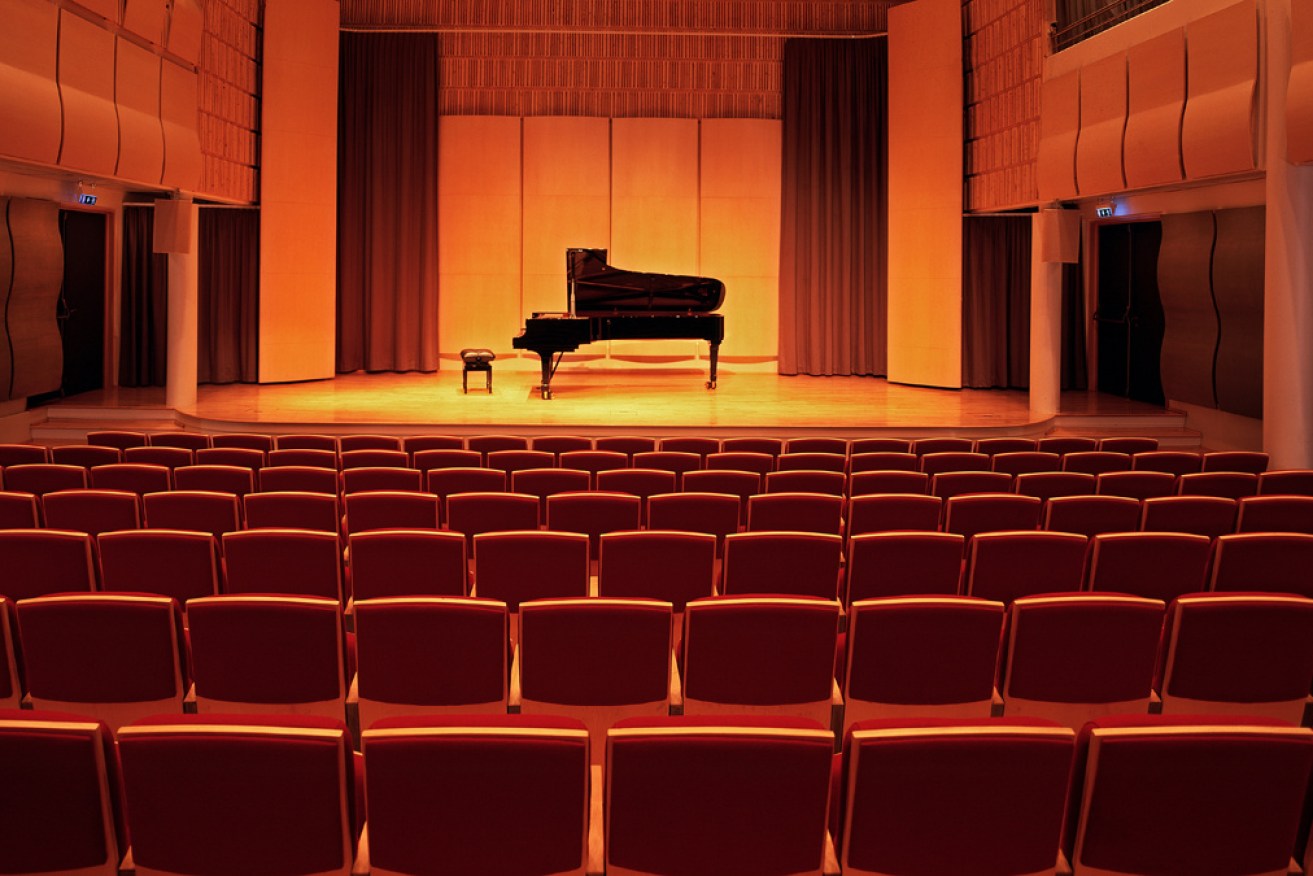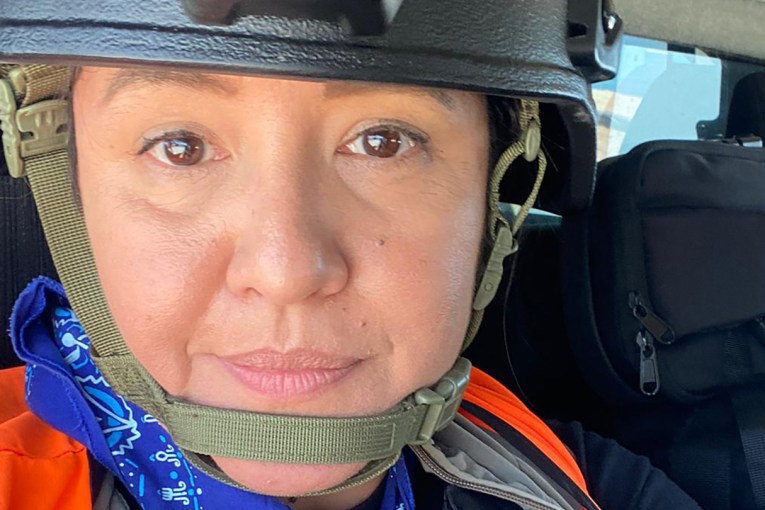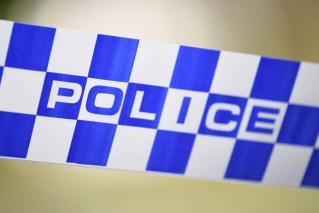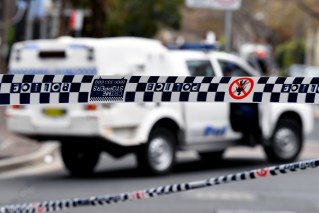‘Desperation’: Ailing live music venues plead for eased COVID rules to allow bigger crowds


Music venues are crying out for help
Australia’s live music venues, baffled they are still facing strict COVID capacity limits while sporting stadiums can welcome near-full crowds, are begging governments to relax rules and help them avoid closing forever.
Nearly half of Australia’s live music venues face shutting up for good within the next three months unless there is urgent change to help them keep trading, according to a new report from the Australian Live Music Business Council (ALMBC) industry group.
Despite COVID restrictions forcing them to close down entirely for several months in early 2020, and current rules keeping visitor numbers as low as 20 per cent of normal capacity, venues still had to pay standard rent and bills. The looming end of the JobKeeper wage subsidy might be the final nail in the coffin for many, according to ALMBC chair Stephen Wade.
“Venues are pleading they can’t trade at such a reduced capacity and stay open,” he told The New Daily.

The live music sector has been hit hard by the COVID-19 pandemic.
“You’re saying 75,000 can go to an AFL game and be jammed into trains and toilets, or standing next to each other at the bar. How can that be less a risk of contagion than 1000 people in a live music venue?”
Mr Wade, who is also CEO of concert booking agency Select Music, says national tours are the backbone of the live music industry. But wildly different COVID rules across the states make it nearly impossible to book tours, meaning bands aren’t bothering to go on the road and venues are missing out on events.
The ALMBC said current rules around capacity limits for music venues, which do not apply to sporting fixtures, make an “unprofitable and unsustainable” situation for gigs, “with many venues running at well under half their usual capacity for the indefinite future.”
“Why can’t you stand up at an outdoor music venue, but at sporting arenas you can stand up, jump around, yell at your mates? The frustration levels for our industry are huge,” Mr Wade said.
“In NSW the headlines are saying ‘singing is back, dancing is back’, but I’m talking venue owners who can’t pay their rent.”
Trad Nathan, owner of popular Sydney rock venue Crowbar, said NSW rules had forced his venue – normally with a capacity of 500 to 800 – to only welcome between 70 and 140 patrons each night.
“Even with our capacity so low, the artist fees still need to be fair, but you’re paying the artist more than you can make on the bar,” he told TND.
“We had Amy Shark come and play, but with a 70 capacity. It doesn’t match the rent and bills we have.”

Music festivals and concerts are running at low capacities. Photo: ABC
Mr Nathan called out the “strange decisions” to allow large sporting crowds, but keep music venues at small capacities. He said Crowbar had won a $26,000 government grant to pay for artist fees, “which we welcomed with open arms”, but that other government assistance, such as tax breaks, was not a big enough help.
“You need to earn money to pay tax,” he said bitterly.
“Now it’s all just piling up, so now it’s do or die.”
Crowbar has been forced to start an online crowdfunding campaign, saying it was currently “in a tenuous position with our operational costs when artists and venue capacities have been controlled by restrictions and border closures.”
The venue said it sold just 8300 tickets to concerts in 2020, down from nearly 29,000 the previous year.
“Sometimes you have to wonder whether it’s worth it. The detriment to your mental health, our family, our future,” Mr Nathan said.
The ALMBC said a recent survey found 93 per cent of live music business owners and workers had experienced negative mental health impacts.
Victoria has operated a successful program to support live music venues, but Crowbar said it had been waiting in vain hope of the NSW government helping the industry with “fixed business costs like rent, insurance and utilities”.
The federal government has been criticised, too, for a lacklustre response to the issue. On Thursday, Arts Minister Paul Fletcher and Treasurer Josh Frydenberg announced an extension to the RISE program, with another $135 million injection to support concerts and festivals.
Some live 🎶 ahead of Josh Frydenberg and Paul Fletcher’s arts funding announcement pic.twitter.com/3M0H6CASlH
— Tom McIlroy (@TomMcIlroy) March 24, 2021
There will also be an extra $10 million for Support Act, a charity which provides financial relief for artists, crew and music workers in crisis.
Mr Fletcher said the package was aimed at getting shows back on the road.
“We want to see our performers and creators on stage,” he said on Thursday.
The fund guidelines will also be changed to allow more support for smaller organisations, venues and artistic groups.
“Theatre is on the road back, but the music sector is lagging somewhat behind,” Mr Fletcher admitted, regarding live music limits.
More than 80 per cent of the initial RISE funding has already been allocated, with recipients of the remaining 20 per cent to be announced soon.
“We’ve got a considerable pipeline of applications in front of us,” Mr Fletcher said.
The Australian Recording Industry Association said it was “a time of dire need” for the industry.
“Live music was one of the first sectors to be shut down and is still operating at well below capacity,” ARIA CEO Annabelle Herd said.








